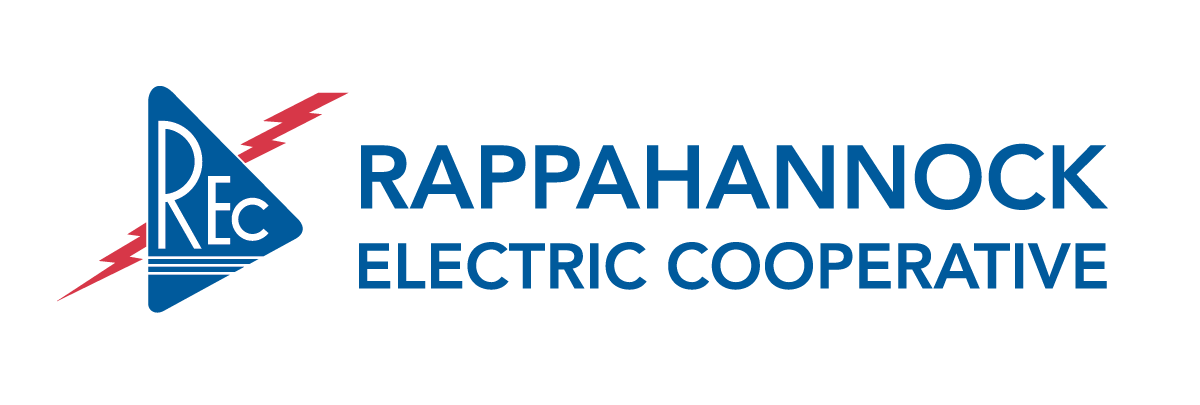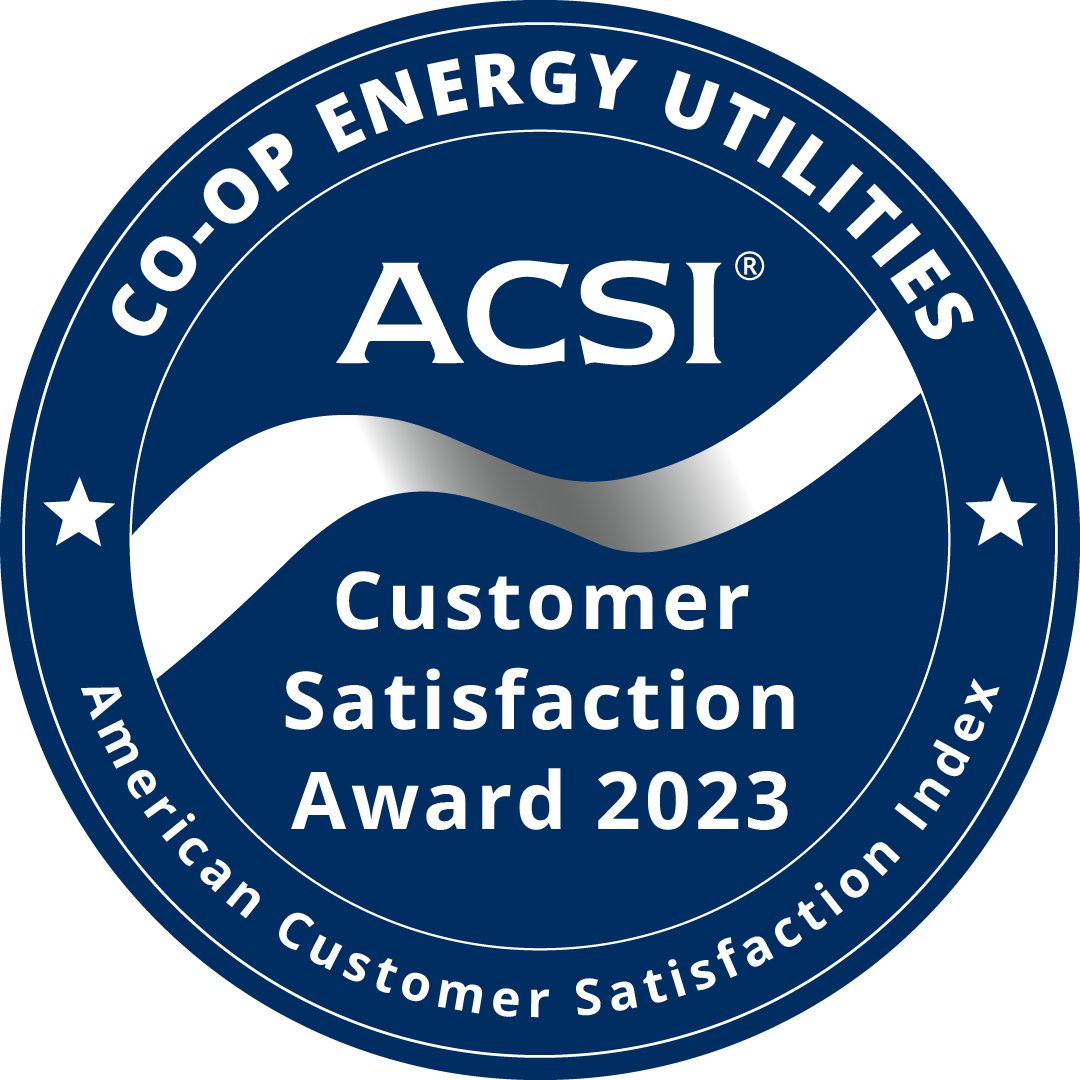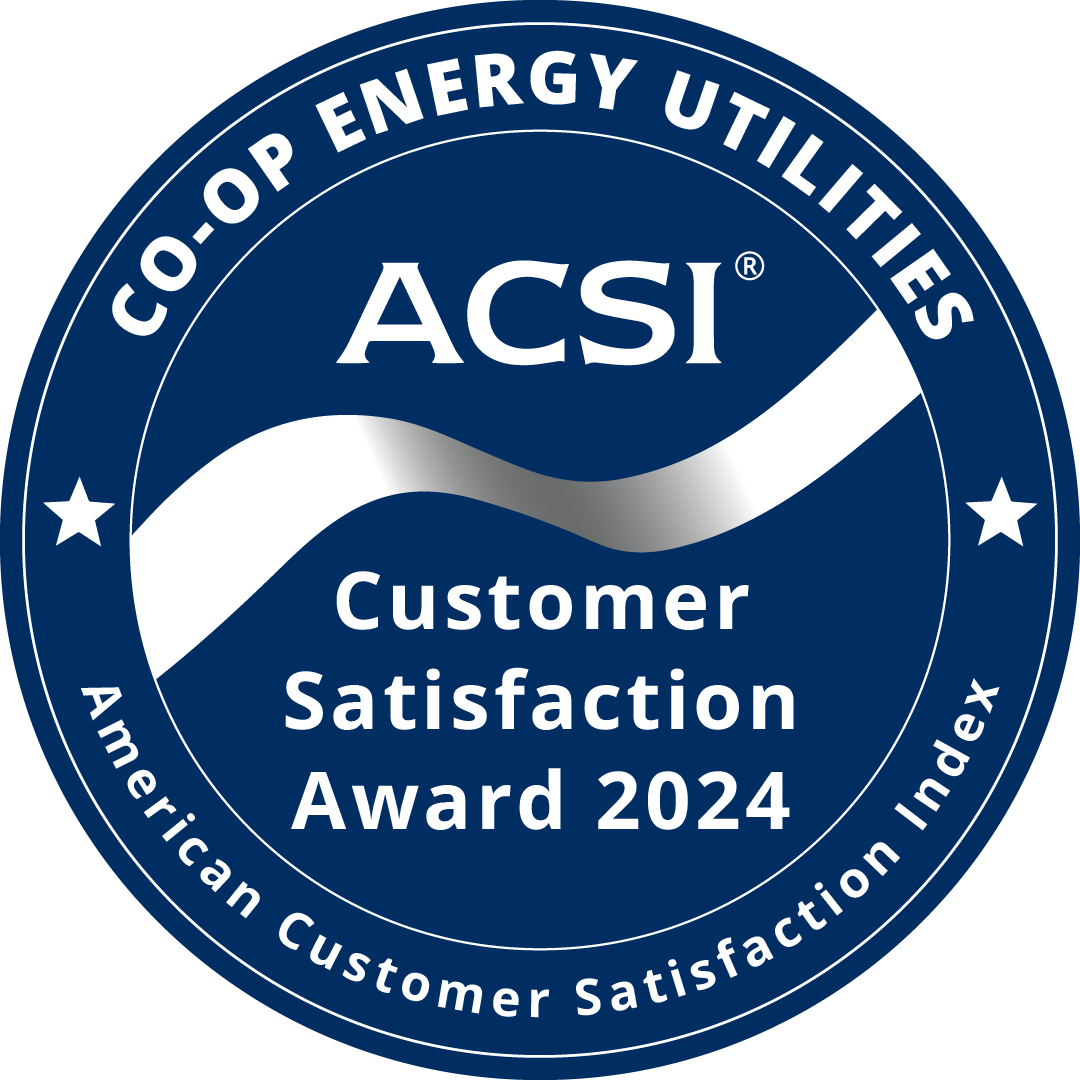
Across the commonwealth, demand for electricity is outpacing supply, and the gap is growing.
This challenge is not unique to Virginia, but here it is especially pressing. Our state has been highly successful in attracting energy-intensive industries, like data centers, manufacturing and technology hubs. At the same time, we have seen older energy resources retired early, lengthy delays in PJM’s interconnection queue — the regional waiting list for connecting new power projects to the grid — and increasing challenges in getting new energy facilities approved.
This imbalance did not appear overnight. The retirement of power plants has decreased the amount of reliable, ondemand energy available to the grid, while new resources that could help fill the gap are stalled for years waiting for available transmission infrastructure to be built. Virginia’s economic growth is something to be proud of, yet the arrival of major employers of energy-intense businesses has added enormous demand without an equivalent increase in the resources available to supply them with power.
The consequences of inaction are serious. Families will feel the pinch as bills rise with more scarce supply driving up energy costs and billions of dollars needed for new or upgraded transmission. Reliability could suffer if resources cannot meet energy needs during times of peak demand. Businesses may hesitate to come to or to expand in Virginia if they cannot be certain that enough power will be available when needed or that it will be affordable.
At Rappahannock Electric Cooperative, we are not waiting on others to sound the alarm. We are engaging policymakers and community leaders to share the sobering facts, validating concerns through independent studies and exploring solutions. In some cases, that could mean facilitating new generation resources for partners who are ready to invest. For those already supporting these efforts, thank you — your engagement matters.
Still, REC cannot solve this challenge alone. At the local level, economic development leaders must treat available power as a core part of their planning. Energy availability is no longer a given, and utilities need to be part of the discussion early on when projects are considered. Zoning and permitting must also reflect the energy realities of communities that hope to grow.
At the state level, Virginia has reached a pivotal moment. Gov. Youngkin joined a bipartisan group of governors raising concerns with PJM and highlighting the importance of states’ roles in that process. When Virginia’s General Assembly wrote the Clean Economy Act five years ago, they wisely included safeguards to account for challenges that could not have been predicted when the law was passed. In the upcoming legislative session, those safeguards to preserve affordability, protect reliability and safeguard Virginia’s economic competitiveness must be utilized effectively. That means prioritizing in-state, always available power sources that can be counted on when energy demand is high, while continuing to pursue clean energy goals and keep pace with technology developments.
Virginia’s energy future is not about abandoning progress but protecting it. If we want reliable service, affordable power bills, a cleaner environment and an economy that continues to thrive, we must make thoughtful, practical choices today. REC will continue to be a strong voice in that effort, working alongside members and policymakers to ensure the commonwealth is ready to meet the demands and opportunities of tomorrow.
John Hewa | President & CEO


